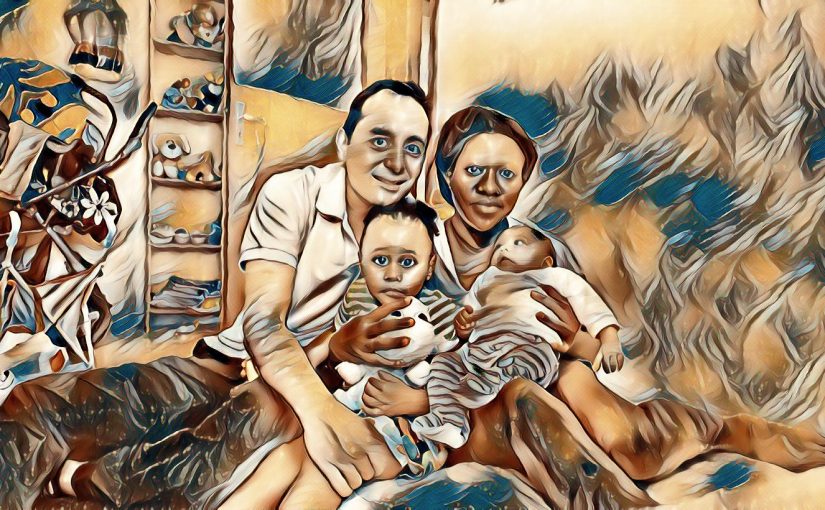Limiting the use of arguments during a court hearing process would be against the base principle of free defense, but what if most lawyers and judges choose to work only with a limited number of law directions? In some jurisdictions, open cases in interaction, are put on standby to avoid conflicts, and penal cases are prioritized before civil rights cases.
The law is formed through basic principles that are always developed and adjusted to the current cultural and social level. However, what is happening now is a limitation of the law translated as development. Limiting the law means limiting the right to free judgment.
In a custody case, the law would judge and decide on the ability of an abusive parent to raise children without taking into consideration the abuse case in the past. Not because the law believes that the parent has changed, but to prove that they are not responsible enough to raise their children. The court requires an official answer about the parent's ability to care for their children, which may involve reexamining their violent behavior. However, this system forgets that the main subject of the case is the children. They are carried from one psychologist to another, visit court hearings, get weekly visits from the youth service in their home, and are scrutinized by their teachers, neighbors, and friends' parents. All of this is to prove that the parent is not able to have custody. The previous criminal behavior of the parent, even those involving minors, is put on standby, as if nothing happened before, just to get a hearing where the judge may decide only on the person's ability to raise their children.
Is this good for the children?
What if the abusive parent is the father?
How many principles are trampled on in modern custody cases?
In a general way, the collateral gain and loss of a law procedure are not yet fully considered in modern law. A party using their right for a legal remedy is unquestionable, but it is not considered that this can be used for time-winning for the abusive parent before losing custody. The Principle of Neutrality applied to modern law cases leaves this fact out of the arguments that could be used in such a case.
A child cannot be left without custody or put in protected custody just to serve a long proving procedure. In fact, fathers' custody requests in Germany end after the child enters adulthood. Keeping custody cases that long only serves the professionals who are mainly paid by the state, the parent whose custody rights are under dispute, but not the children who need protection.
In penal cases, there is an active representation of the state or justice from the procurator. In family cases, there are professionals present, such as psychologists and children's educators, and the youth welfare office, who are an essential part of the hearing but do not have law education.
Should the state have a part in such a hearing, considering that the state pays for all this? Should the state be represented by an attorney or any institution? Ensuring not only the presence of the state but also serving justice and connecting different cases in interaction, spotting out all the hidden arguments that law professionals with "blinkers" cannot spot out, and filling up the law knowledge gap due to the essential disadvantage of law professions during the court hearing.
https://www.singlefather.eu/


